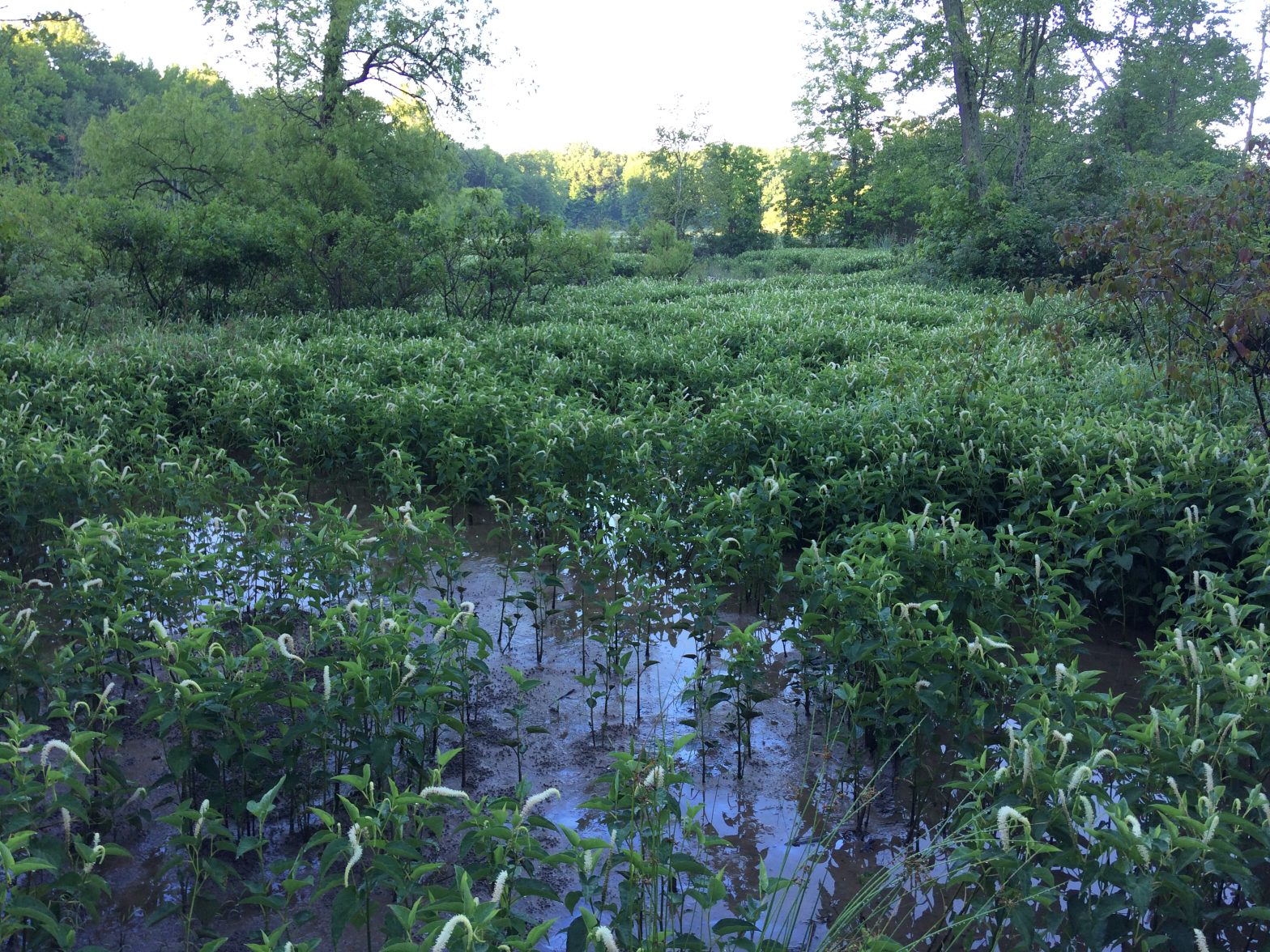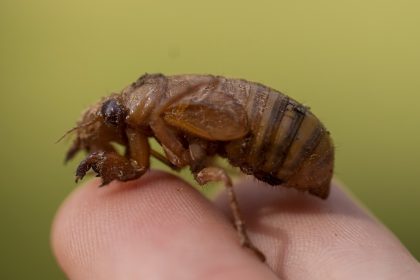Lawmakers Contribute to Lawsuit To Block EPA’s Water Quality Rule

WASHINGTON — Members of Congress who handle environmental issues are adding their voices to a federal court case that threatens to roll back protections of the 1972 Clean Water Act.
They are siding with the plaintiffs in a lawsuit that opposes the Trump administration’s Navigable Waters Protection Rule, which they call the Dirty Water Rule.
It restricts clean water protections to a smaller area than previous interpretations of the Clean Water Act.
The Trump rule does not protect 60% of stream miles in the lower 48 states that flow less than year-round, according to members of Congress protesting the revised rule. The previous interpretation used by the Environmental Protection Agency protected more of the waterways that only flow for part of the year, also known as intermittent waterways.
The members of Congress filed an amicus brief in the case pending in Massachusetts. They say the Navigable Waters Protection Rule ignores science and undermines the ability of states to protect their own water quality.
“In 1972, Congress enacted the Clean Water Act, a landmark statute with the core objective of cleaning up the nation’s waters,” says the amicus brief signed by 74 members of Congress. “The (Navigable Waters Protection Rule) turns this statutory scheme on its head.”
Amicus briefs are legal filings in lawsuits by someone who is not a party to a case but who seeks to assist a court by offering information, expertise or insight that might be overlooked otherwise. The briefs can play important roles in the outcome of cases.
The amicus brief filed December 16 is in the case of Conservation Law Foundation v. Environmental Protection Agency, which is pending in U.S. District Court in Boston. The Conservation Law Foundation is an environmental advocacy organization.
The members of Congress said in their brief that by asserting a federal rule that overrides any local control, the Trump administration is nearly ensuring the result will be dirtier drinking water for about a third of Americans.
It would lead to “the destruction of rivers, streams, lakes and wetlands throughout the nation,” says a statement from the House Transportation and Infrastructure Committee chairman, Peter DeFazio, D-Ore.
The Environmental Protection Agency announced the Navigable Waters Protection Rule in April as a means of clarifying its definition of “waters of the United States” under the Clean Water Act.
“For the first time, the agencies have streamlined the definition so that it includes four simple categories of jurisdictional waters, provides clear exclusions for many water features that traditionally have not been regulated and defines terms in the regulatory text that have never been defined before,” the EPA said in a statement in April.
Disputes continue over the Environmental Protection Agency’s exclusion of some “groundwater” and waterways with “ephemeral features” that flow only after rainfall.
Environmentalists say the new definitions exclude streams that are important tributaries to major rivers as well as wetlands that are breeding grounds for several bird species.
“Where Congress called for science-based decision-making, the (Navigable Waters Protection Rule) largely ignores the science of clean water,” the congressional amicus brief says. “And where Congress called for a collaborative, comprehensive, and mandatory federal and state cleanup of the nation’s waters, the U.S. Environmental Protection Agency (EPA) and the U.S. Army Corps of Engineers (Corps)—the agencies primarily responsible for implementing the Clean Water Act—have tried to decrease protections from water pollution, all based on fallacious notions about Clean Water Act federalism.”
A Supreme Court ruling this year on similar questions indicates the Conservation Law Foundation stands a good chance of winning its lawsuit.
The Supreme Court said in County of Maui v. Hawaii Wildlife Fund that the Clean Water Act can be used to stop polluters from dumping waste into streams, rivers, and coastal waters without a permit, even if the pollution reaches those waters through unregulated groundwater.
“The Trump Administration attempted to open a serious loophole in the Clean Water Act and was roundly rejected,” said Heather Govern, the Conservation Law Foundation’s director of clean air and water.
Other support for the Conservation Law Foundation’s position comes from President-elect Joe Biden, who announced his environmental team last week. They include Interior Department and Environmental Protection Agency leaders with strong records for environmental activism.
Biden said one of his first actions as president would be to rejoin the Paris Agreement on climate change that President Donald Trump decided to quit. He also pledged a more active water cleanup program.
























